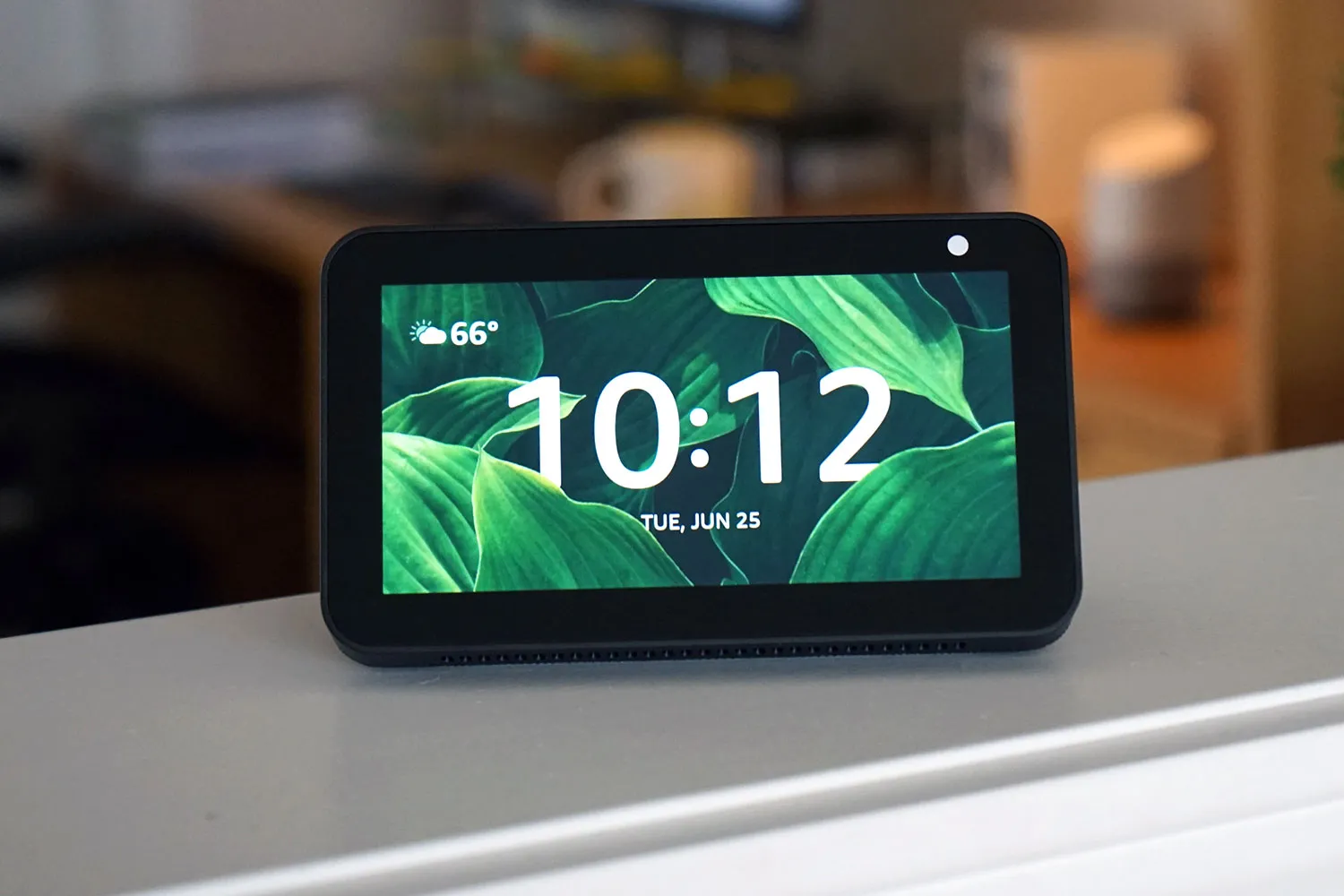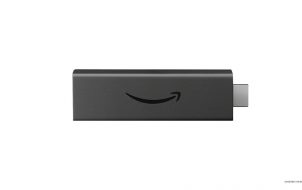You’ve downloaded Alexa, and you were surprised to see that its location is set to Seattle, Washington. It’s automatically showing you what’s the weather like there.
Good to know, but what if you live in Chicago or Miami? Don’t worry because you can change the weather location whenever you want. Keep reading to see what you have to do.
How to Set the Weather Location?
Depending on the Echo device you’re using, you can access the weather in a couple of different ways. First, you can ask Alexa what the weather will be like anywhere in the world using the “Alexa, what is the weather today in [location]?” The voice command will work on any Echo device that you have. If you prefer this method, you may not need to update your location; you can simply ask Alexa to give you the information.
If you’re using an Echo Show device with a screen, the home screen will display the weather in your area without you ever having to ask. For your Echo Show to give you the weather for your area, you’ll need to update your location.
Lastly, you may have an Alexa Skill enabled that automatically gives you the weather. For example, a morning routine where Alexa gives you updates on traffic and weather at a given time every day. In this scenario, you’ll need to update your location to get the most accurate information.
You can change the weather location through the Alexa app. If you don’t have the app yet, you can download it from Google Play, Apple App Store, or Amazon. Now, follow these steps to change your device’s location:
- Open the Alexa App on your smartphone and navigate to the Echo device in question.

- Tap on the Settings cog in the upper right-hand corner.

- Tap on Device Location in the menu.

- Update your address. Then, tap Save at the top.

That’s it! You have changed the location, and Alexa will now be able to give you more accurate information. To check whether it’s working, ask Alexa what’s the weather like outside. Her answer should match your location now. You won’t have to restart your app as the location updates automatically.
If you have multiple Echo devices, you will need to follow these same steps for each one.

Additional Features
Most people check in with Alexa to see whether they have to bring a jacket and an umbrella that day or not. But instead of just checking the weather at the moment, you can ask Alexa many other things.
Alexa is connected with AccuWeather, and it provides you with the latest and the most accurate weather information. You can get the weather forecast for a whole week in advance. You can ask things such as: Is it going to be sunny this weekend? Or, to be even more precise, you can ask: Is it going to rain on Thursday morning?
That way, you can schedule your outdoor tasks and ensure that you won’t have to cancel your plans due to bad weather. That’s great if you’re planning a trip and have to organize your time there. Also, it can help you decide what to pack if you’re traveling.

Location-Based Routines
Apart from weather and time, updating the Alexa location enables you to access some other useful features. One of the most popular is the location-based routine. This feature is perfect for busy people who have to balance work, family, gym, etc.
It’s hard to remember everything, and you can easily confuse some tasks. If you’re new to this, we suggest you first save two locations: your office and your home. You can then set reminders that’ll activate as soon as you come back home from work. That’ll help you separate your personal life and work.
When you get home, Alexa will remind you of what you have to do that day, such as: buy groceries or help the kid with homework. You can also create routines that you can share with other users. For example, if you make a dinner routine that starts at 6:00 PM, your family members will get the notification to join you in the dining room.
If you suddenly remember something in the evening that you have to do tomorrow at work, you can ask Alexa to remind you when you come to work.
You don’t even need to have an Alexa device in your office. You only need the Alexa app installed on your phone. Alexa will then send you a notification through your phone.
The good thing is that you can rely on this feature when you’re planning your week. If you have a habit of preparing your tasks, you can schedule everything and set reminders throughout the week. Once you do that, you can relax and go on with your activities with peace of mind.
Location-Based Searches
Another great thing is that you don’t have to google to find what you need. That’s very useful when you’re in a hurry or can’t use your hands to type.
Let’s say you’re driving and want to stop by the nearest coffee shop and get some coffee. All you have to do is ask Alexa: Where’s the nearest coffee shop? The app will then search for the coffee shops nearby and give you directions.
It’s like having an assistant at your disposal 24/7. Alexa’s never tired and nervous, and she always has the correct answer. And she’ll never forget to remind you of an important meeting or something like that.
Frequently Asked Questions
Here are some more answers to help you make the best of your Echo device.
Can I use a different weather service with my Echo?
Alexa gets its weather from Accuweather, and some users prefer other sources. Unfortunately, there isn’t a way to change this default weather source. But, you can add an Alexa Skill to your Echo device. All you need to do is pull up the Alexa app on your smartphone and tap on the More icon in the lower-left corner. From here, you can tap on Skills & Games to search for the weather source you prefer to use.
After you’ve added the skill, you can simply say, “Alexa, ask [weather skill] what the weather is” or something to that effect.
Why does Alexa give me the weather for a previous address?
Even though your Echo is signed into your Amazon account, each device is designed to work in a different location. Some speculate that this is because many users share their devices with friends and family members, so it’s more practical to let you update the address on an as-needed basis.
If you moved and your Echo still gives you weather updates for a previous address, follow the steps above to correct the error.
Make the Most Out of It
Now you know how to change location on Alexa. We encourage you to make the most out of it because Alexa can be a great help in your everyday life. Explore all available options and let Alexa help you organize and improve the quality of your life.
What do you usually use Alexa for? Are you going to try some of the new features? Feel free to share your best practices and tips in the comments section below.
Disclaimer: Some pages on this site may include an affiliate link. This does not effect our editorial in any way.










